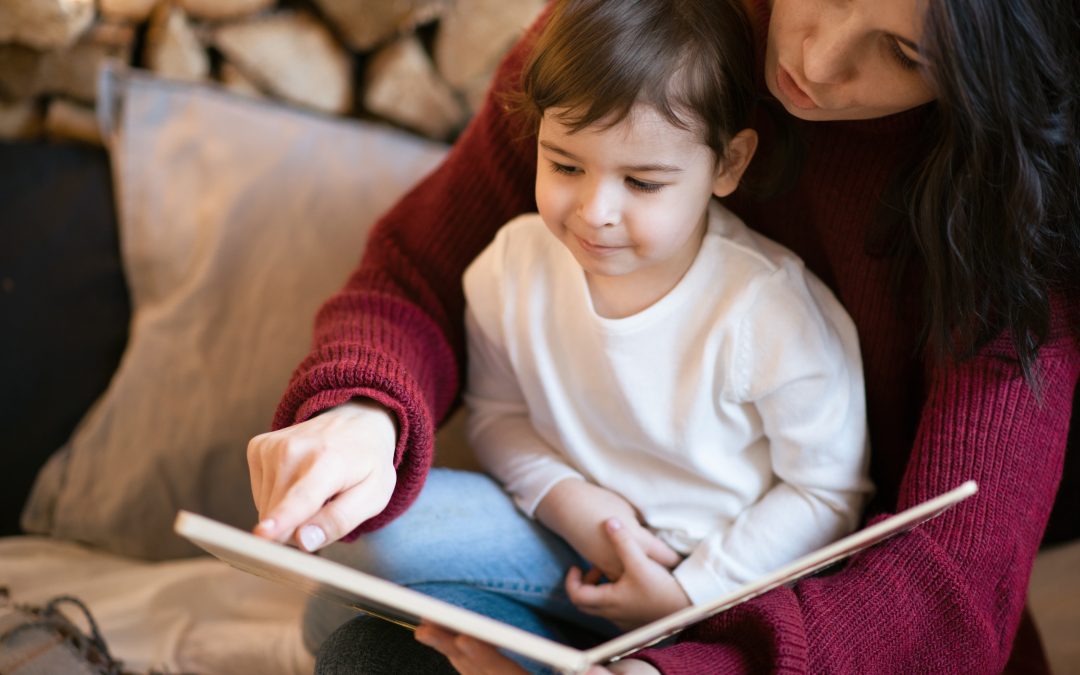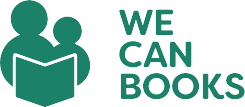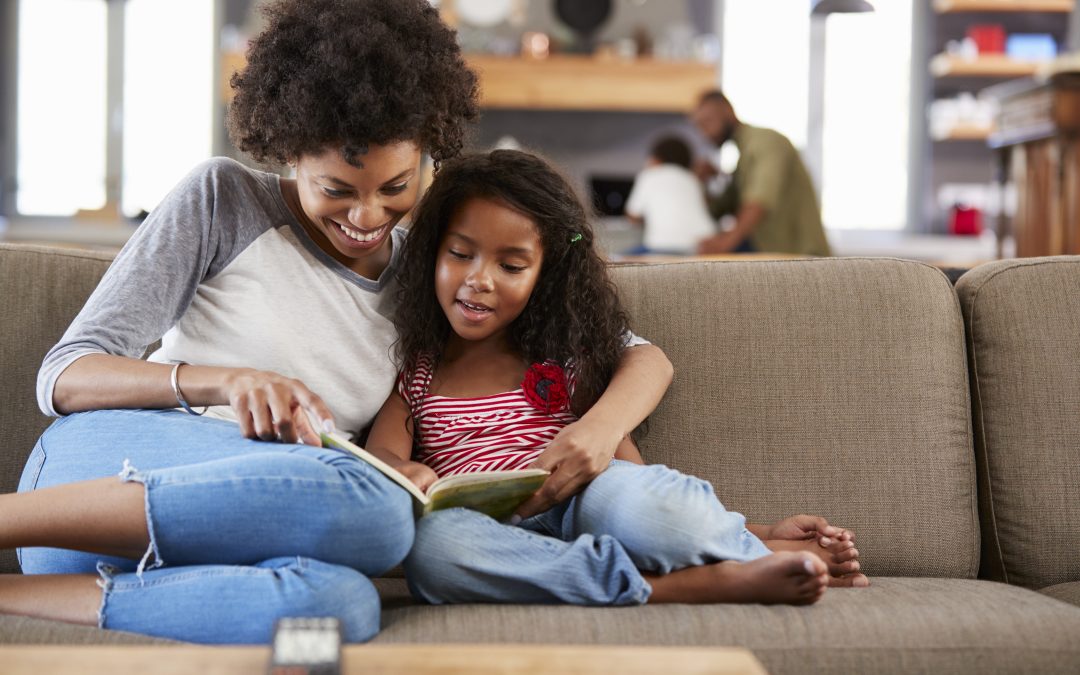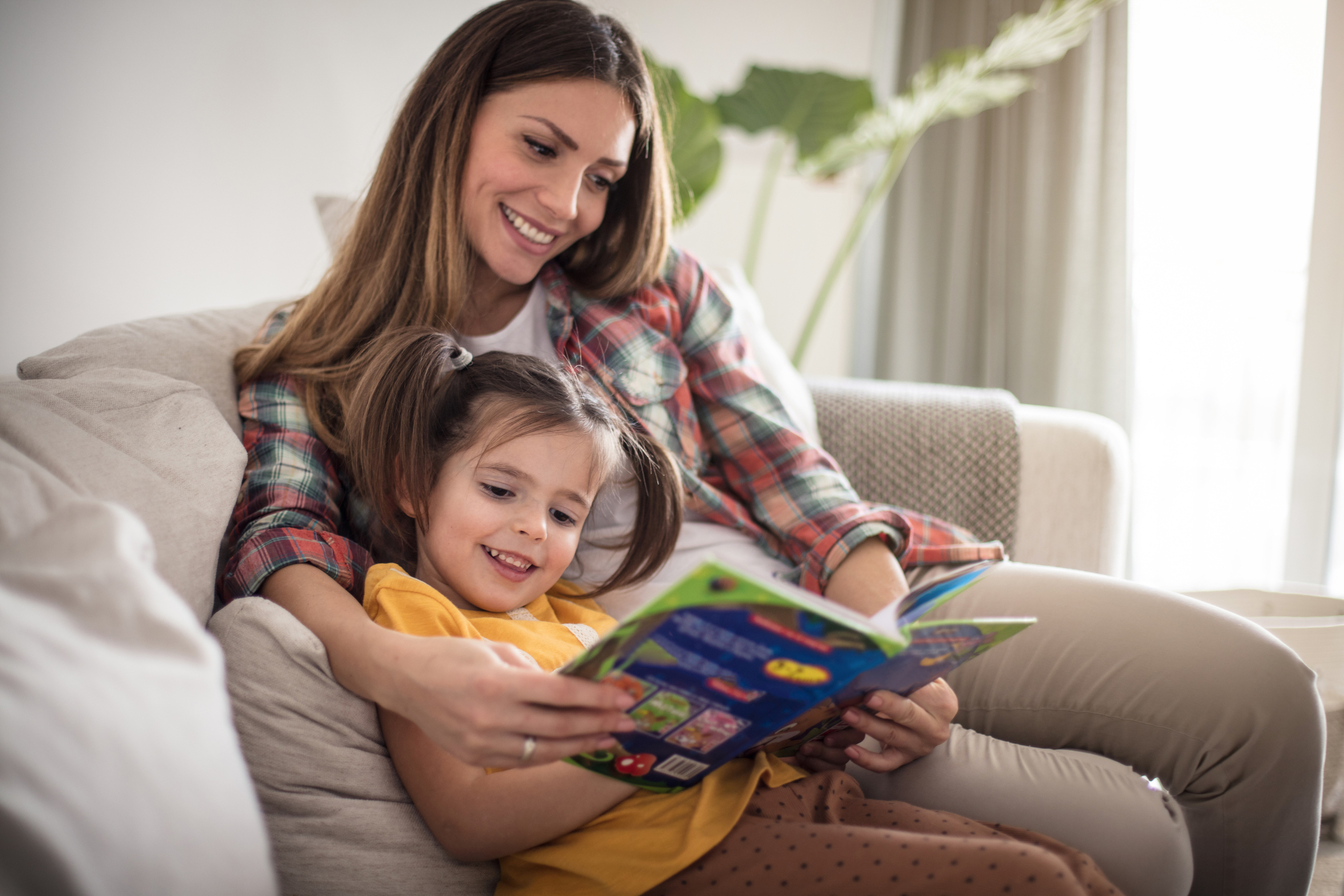
How Children Learn to Read (And Why So Many Parents Feel Confused)
If you’ve ever found yourself wondering whether you’re doing enough to help your child learn to read — or worrying that you might be doing the wrong thing — you’re not alone.
Today’s parents are surrounded by conflicting advice.
Some say “just read more books.”
Others emphasize sight words.
Still others talk about phonics, decoding, or the “science of reading,” often in ways that feel technical or intimidating.
The result? Many thoughtful, engaged parents feel unsure, overwhelmed, or quietly anxious.
Let’s take a breath and simplify this. Many parents search for answers about how children learn to read, especially when advice feels conflicting or overwhelming.
Why Reading Feels So Confusing Now
A generation ago, reading instruction looked more consistent. Today, parents are navigating:
- mixed messages from schools and social media
- well-intentioned advice that contradicts itself
- pressure to start early, go faster, and “keep up”
Add to that the emotional weight of wanting your child to succeed — and it’s no wonder reading feels fraught.
The truth is not that parents are doing something wrong.
It’s that the system has been noisy.
How Children Actually Learn to Read (In Plain Language)
At its core, learning to read is a developmental process, not a performance.
Most children move through these building blocks:
- Hearing sounds (phonemic awareness)
Before children read letters, they learn to hear and notice sounds in words — rhymes, beginning sounds, and small differences. - Connecting sounds to letters (phonics)
This is phonics: understanding that letters represent sounds. - Blending sounds together into words (decoding)
Slowly and deliberately, children learn to blend sounds into words. This step takes time and repetition. - Automatic recognition (fluency)
With enough practice, reading becomes smoother and more confident.
This progression is supported by decades of research. It’s not trendy. It’s not flashy. But it works.
Common Myths That Trip Parents Up
Let’s gently clear a few things out of the way.
Myth #1: If my child is smart, they’ll just pick it up.
Many bright children still need explicit, structured support to decode words.
Myth #2: Memorizing words means reading.
Memorization can look like reading — until new words appear. True reading relies on decoding.
Myth #3: If we push harder, progress will come faster.
Pressure often backfires, creating resistance instead of confidence.
Myth #4: Reading should look like school.
At home, reading support works best when it feels safe, familiar, and even playful.
What Actually Helps Children Thrive
Across homes, classrooms, and tutoring centers, the same principles show up again and again:
- Consistency over intensity
A little, often, beats a lot, occasionally. - Personal relevance
Children engage more deeply when materials reflect their world. - Repetition without shame
Re-reading is not failure — it’s how the brain wires itself. - Emotional safety
Children learn best when they feel relaxed, seen, and capable.
When these elements are present, reading becomes something children approach, not avoid.
Where Personalization Fits In
One of the most powerful (and underused) supports in early reading is personalization.
When a child recognizes themselves — their name, their family, their familiar objects — the cognitive load drops. Confidence rises. Engagement deepens.
This doesn’t replace good instruction.
It supports it.
Personalized reading experiences can help bridge the gap between structured learning and real-world practice, especially for children just beginning their reading journey.
A Gentle Way Forward
If you’re unsure where to begin, start here:
- Focus on sounds before speed
- Allow repetition without rushing
- Choose materials that feel warm and relevant
- Trust that steady progress counts, even when it’s quiet
Most of all, remember: learning to read is not a race.
Your child doesn’t need perfection.
They need support, patience, and belief.
Ready for a Simple Next Step?
If you’d like a calm, confidence-building way to support early reading at home, we created We Can Books to reflect exactly how children learn — step by step, with structure, warmth, and personalization.
You can start small, move at your child’s pace, and build real reading foundations without pressure.
👉 Download our Free Parent Guide: How Children Learn to Read
You’re doing better than you think.
Warmly,
Bonnie



